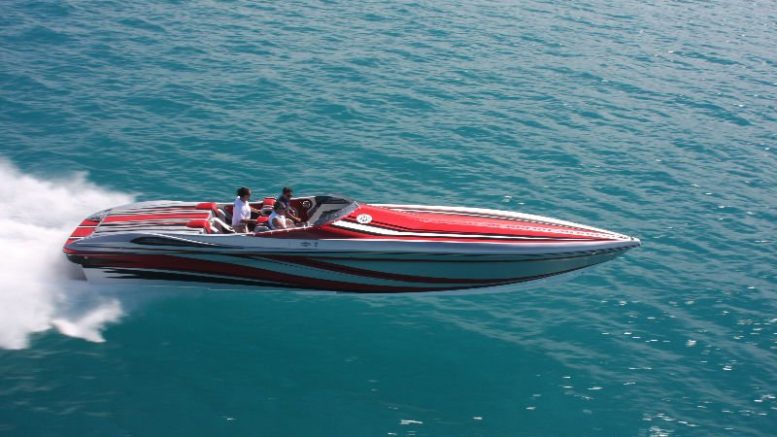The magic number is usually around 15mph. For all the great things that digital broadcasting brought us — high-definition picture and surround sound, dozens of extra channels and smaller antennas — it’s been a sore spot for anyone who wants to watch TV in anything that moves. The digital nature of today’s televisions makes them work great while you’re in one place, but signal drops off FAST when you start to move.
Why is this?
You can blame the frequency shift that takes place when you start to move. This is referred to as “The Doppler Effect” and it’s the same thing that happens as an ambulance gets closer to you, passes you, and moves away from you. The siren gets just a little bit higher and lower, right? It’s the same thing with radio signals. This shift in frequency and phase makes it hard for your TV to “lock on” to those signals. They drift away quickly and you’re left with no picture at all.
Why this happens with antennas
Wait, you say, I don’t have that same problem with my cell phone! You’re right, you don’t. The cellular system was designed from the ground up around mobile. That makes sense because no one would want a cell phone that doesn’t work in a moving car. Television just wasn’t designed around mobile, instead focusing on delivering a picture to an antenna that stays still, as roughly 99.9% of them do.
The next generation of television broadcasting, called ATSC 3.0, is designed to work fine while you’re moving. Unfortunately it doesn’t look like it’s coming anytime soon. We may get there eventually, but it will be a while. Luckily, ATSC 3.0 will use the same antennas that we sell at Solid Signal today, so there’s no reason to wait.
Understanding your options
It’s true that this makes it harder to get TV on any sort of marine vessel, at least while it’s underway. It’s not impossible though… just more expensive. Marine satellite TV works great while in motion by using a combination of extremely complex electronics and mechanical stablilizers. It doesn’t hurt that the technologies used in satellite TV are a lot more flexible, as they need to pull in signals from 22,000 miles away. So yes, live TV on a moving craft isn’t impossible if you plan ahead.
Then again, life on the water is about a lot more than TV. It’s about enjoying the sunshine, the water, the open areas, and the sunsets. TV is fantastic but for many of us, it’s what we do after the day is over, after we’ve settled into our cabins. If you drop anchor within 50 miles of shore, it’s pretty easy to get great reception… after all there aren’t any hills or trees between you and the broadcast towers which are often on the top of buildings near the coast.
Get TV for your boat
No matter what size vessel you have, free TV is a great option. Solid Signal can help you with all your options. If you have questions on what sort of equipment is best for you, call us at 888-233-7563! We can also help you choose a satellite television or satellite internet system for your boat, or choose a cell phone signal booster to help you stream when you’re only a few miles from land. It all starts with one call… or if you’d rather, one form fill. Let us know how to reach you and we’ll get back to you, usually within 24 hours.





